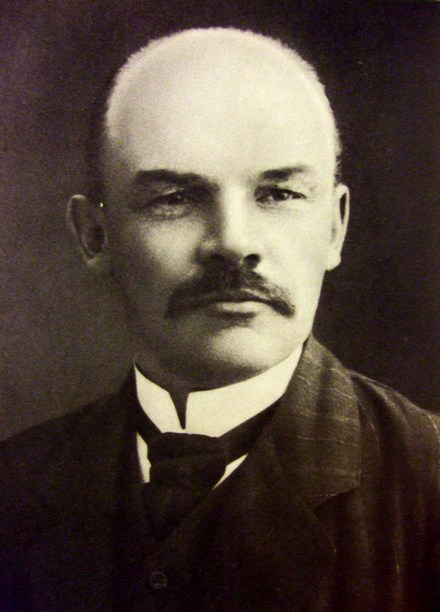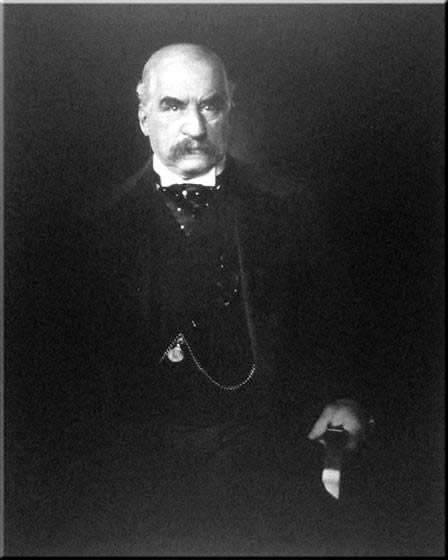| << Chapter < Page | Chapter >> Page > |


The dominant economic systems of the modern era are capitalism and socialism, and there have been many variations of each system across the globe. Countries have switched systems as their rulers and economic fortunes have changed. For example, Russia has been transitioning to a market-based economy since the fall of communism in that region of the world. Vietnam, where the economy was devastated by the Vietnam War, restructured to a state-run economy in response, and more recently has been moving toward a socialist-style market economy. In the past, other economic systems reflected the societies that formed them. Many of these earlier systems lasted centuries. These changes in economies raise many questions for sociologists. What are these older economic systems? How did they develop? Why did they fade away? What are the similarities and differences between older economic systems and modern ones?

Our earliest ancestors lived as hunter-gatherers. Small groups of extended families roamed from place to place looking for subsistence. They would settle in an area for a brief time when there were abundant resources. They hunted animals for their meat and gathered wild fruits, vegetables, and cereals. They ate what they caught or gathered their goods as soon as possible, because they had no way of preserving or transporting it. Once the resources of an area ran low, the group had to move on, and everything they owned had to travel with them. Food reserves only consisted of what they could carry. Many sociologists contend that hunter-gatherers did not have a true economy, because groups did not typically trade with other groups due to the scarcity of goods.
The first true economies arrived when people started raising crops and domesticating animals. Although there is still a great deal of disagreement among archeologists as to the exact timeline, research indicates that agriculture began independently and at different times in several places around the world. The earliest agriculture was in the Fertile Crescent in the Middle East around 11,000–10,000 years ago. Next were the valleys of the Indus, Yangtze, and Yellow rivers in India and China, between 10,000 and 9,000 years ago. The people living in the highlands of New Guinea developed agriculture between 9,000 and 6,000 years ago, while people were farming in Sub-Saharan Africa between 5,000 and 4,000 years ago. Agriculture developed later in the western hemisphere, arising in what would become the eastern United States, central Mexico, and northern South America between 5,000 and 3,000 years ago (Diamond 2003).

Notification Switch
Would you like to follow the 'Studying social life' conversation and receive update notifications?